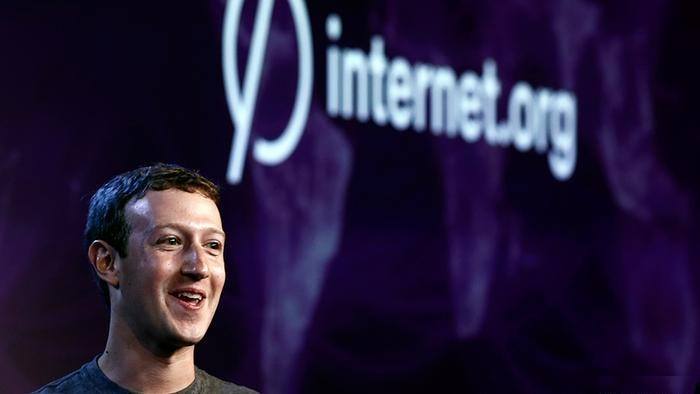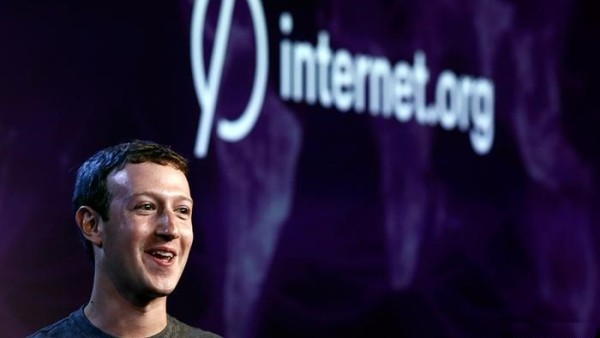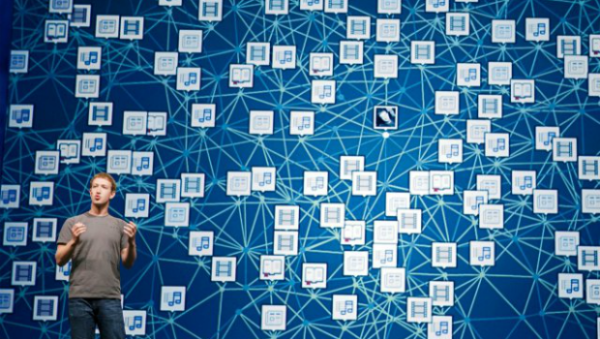
The founder and CEO of Facebook Mark Zuckerberg has recently faced a public onslaught culminating in an open letter from 65 advocacy organisations spanning 31 countries in response to a project called Internet.org.
Internet.org is an initiative that was set up by Facebook with the aim of providing Internet access to communities around the world that would not normally be able to afford such access.
Whilst the access is free it is not comprehensive and instead only provides users with access to a restricted portion of the Internet and the traffic created runs through Facebook owned proxy servers so that these restrictions can be maintained. There are currently a handful of sites that are available for use on the free Internet platform but Facebook are open to suggestions and new services and websites can be submitted for inclusion.
Of course Facebook is one of the sites that is available for use via the Internet.org project and perhaps that is part of the reason why it has received negative press as it shows an ulterior motive from Facebook but in addition there are many useful sites that are made freely available by the project including Wikipedia which is a huge resource of online information in itself.
The argument from protestor’s centres around net neutrality and the fact that the Internet – in terms at least of the information that it contains – should be free and by introducing a platform where only some of it is available it paves the way for bias to be introduced and would potentially see information retrieval being controlled in a negative way.
In addition to the issues that arrive with the restrictions in place there are also some concerns about the privacy of users who browse the internet via the project due to the fact that it does not use the same protocols for secure communications. In addition to this the fact that all of the traffic passes through servers owned by Facebook – a fact that doesn’t bode well in the eyes of those involved in the open letter against the project.
From Facebook’s point of view and certainly from Mark Zuckerberg’s point of view the ideas and believes behind the project are being misinterpreted – Mark protests that the project is in place to help people in countries with limited Internet access and to enable the people within those countries to achieve greater things through the power of the Internet and the resources that it can provide to them in terms of knowledge and communication.
Facebook say that they have plans to expand the project and the sites that are available and say that they have no interest in actively restricting Internet access for anyone but it is simply a matter of limited funds that dictates how many sites are made available under the project.
I can appreciate both sides of the argument – of course it is extremely important to maintain a freedom of information on the Internet as that is an intrinsic part of the World Wide Web and what makes it unlike any other resource available in the world. Having said that, it does seem futile arguing against the provision of limited Internet access when the alternative is no Internet access at all – surely no Internet access is worse than limited access.
In addition, whilst Facebook may well have some ulterior motives can we really blame them? They are in business to make money after all so it is understandable that they will have to have some form of vested Interest in the project. Although they are providing some good in the form of Internet access to those that could not normally have any at all – once again this small effort is surely better than no effort and it is certainly a lot more than other companies are doing to help those who have no Internet access. In fact perhaps the organisations that are protesting the venture could come up with and implement a better solution themselves.
Regardless of your standpoint on the matter of net neutrality and the morality of this project I am very much of the opinion that sometimes in life we have to withstand necessary evils in favour of the greater good and this project would fall into that category only in the worst case scenario.



